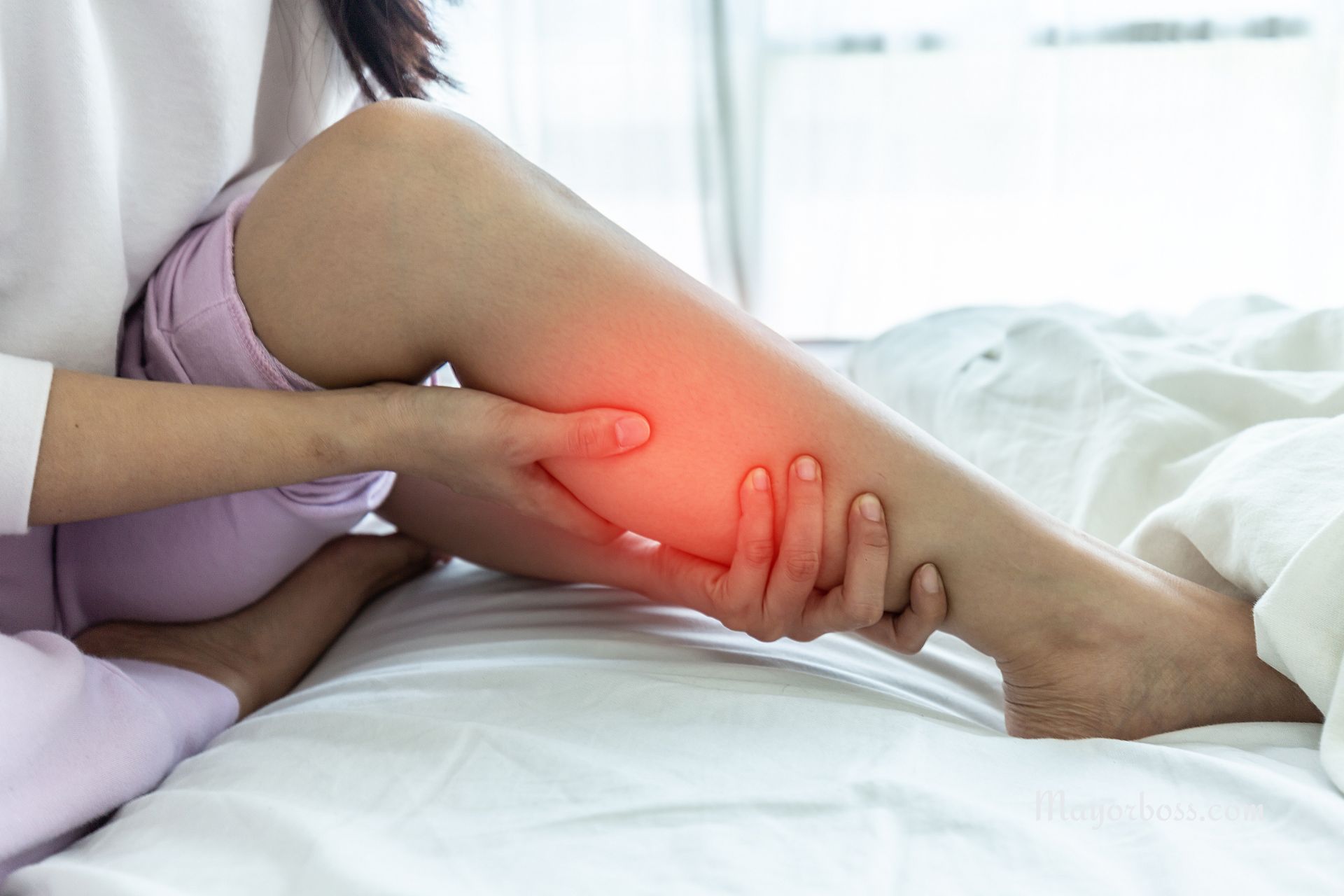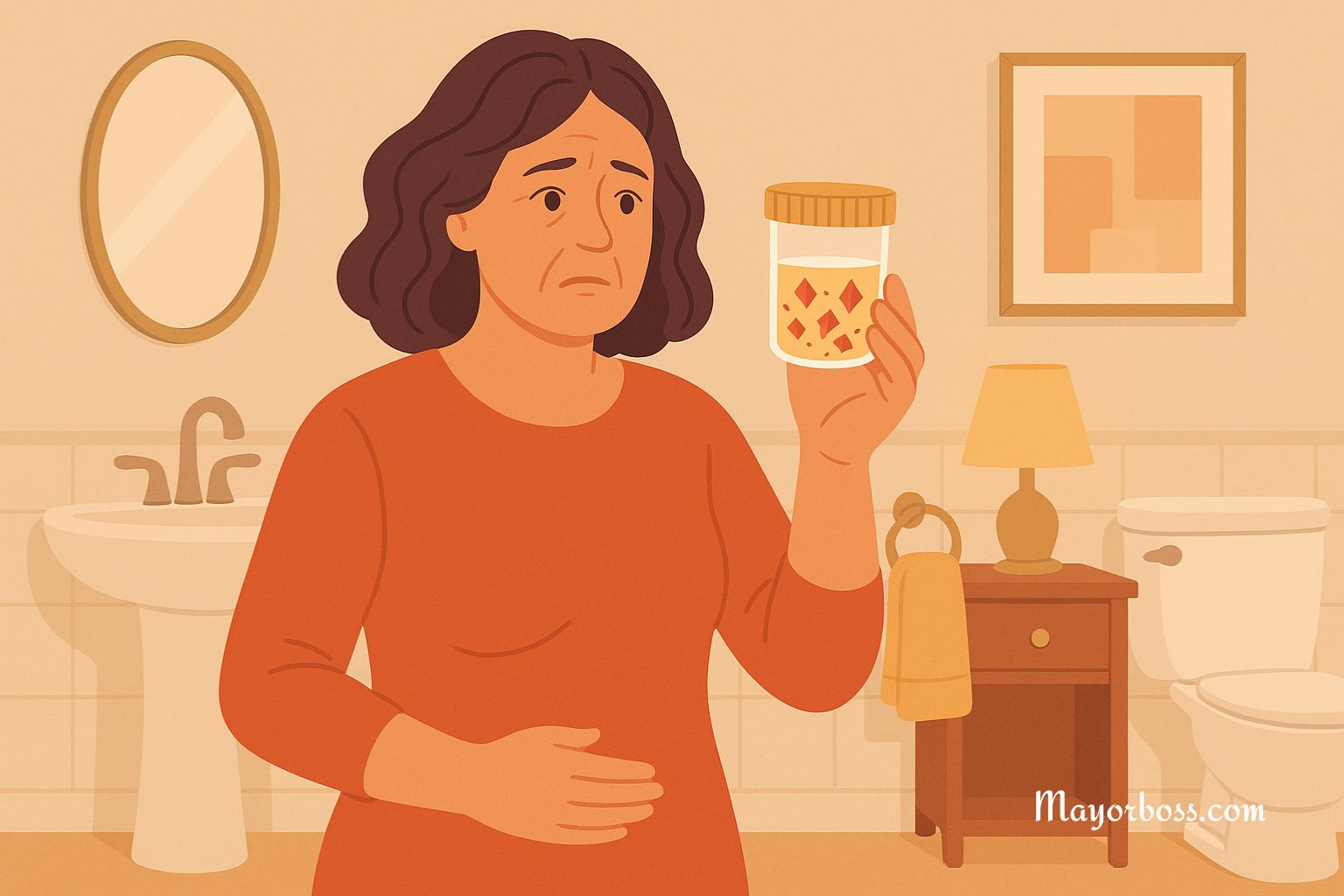What to Do When Your Heart Races: Managing a Rapid Heartbeat
Do you know what to do if your heart beats much faster than usual? A rapid heartbeat can be quite alarming, but it’s not always a cause for concern. Various factors can make your heart beat faster, such as stress, caffeine, or exercise. However, a sudden or persistently fast heartbeat could indicate a medical issue that needs attention. Here’s how to handle it.
Stay Calm and Assess the Situation
The moment you notice your heart is beating faster than usual, try to remain calm. Anxiety can exacerbate the issue, making it more difficult to pinpoint the actual cause. Take slow, deep breaths and sit down if possible. This will help you focus on what might be going on with your body.
Check Your Pulse
Knowing your heart rate is crucial in this situation. You can measure it by placing two fingers on your wrist or neck. Count the beats for 15 seconds and multiply the number by four to get your beats per minute (BPM). A normal resting heart rate for adults ranges from 60 to 100 BPM. So, if your heart rate is significantly higher, you may need to take further action.

Identify Potential Triggers
Once you’ve got a handle on your heart rate, think about what could be causing it to speed up. Did you just finish a workout? Have you had a lot of caffeine or sugar? Are you feeling particularly stressed? Eliminating these triggers could slow down your heart rate.
When to Seek Medical Help
If you can’t identify a reason for your fast heartbeat, or if it’s accompanied by other symptoms like shortness of breath, chest pain, or fainting, you should seek medical help immediately. These could be signs of a more serious issue, such as arrhythmia or other heart conditions.
Arrhythmia
Arrhythmia is a problem where the heart beats irregularly, either too fast or too slow. It can occur due to various factors such as heart disease, high blood pressure, or electrolyte imbalances.
Other Heart Conditions
A rapid heartbeat could also be a sign of other heart-related problems like tachycardia or atrial fibrillation. These conditions often require immediate medical attention and might involve treatments like medication or surgical procedures.
Home Remedies for a Rapid Heartbeat
While waiting for medical help or if you’ve identified a benign trigger, you can try some home remedies to slow down your heart rate.
Deep Breathing Exercises
Inhale deeply through your nose, hold your breath for a few seconds, and exhale slowly through your mouth. This helps regulate your heart rate and may alleviate your symptoms.
Cold Water Splash
Splashing cold water on your face stimulates a reflex that can reset your heart rate. This method is known as the ‘dive reflex’ and is often effective in slowing down a fast heartbeat.
Valsalva Maneuver
This basically involves taking a deep breath and holding it, then bearing it down as if you’re trying to have a bowel movement. Release the breath slowly after a few seconds. This technique helps in stimulating the vagus nerve, which can slow down your heart rate.
Monitoring and Prevention
Keep an eye on your heart rate, especially if you experience rapid heartbeats frequently. You might want to invest in a heart rate monitor or a smartwatch that can help you track your heart rate over time. Additionally, lifestyle changes like reducing caffeine intake, managing stress, and exercising regularly can go a long way in preventing rapid heartbeats.
In summary, a rapid heartbeat can occur due to various factors, some benign and some potentially serious. Taking immediate steps to calm down and assess the situation is crucial, as is seeking medical help when necessary. Home remedies and lifestyle changes can also play a role in management and prevention.






